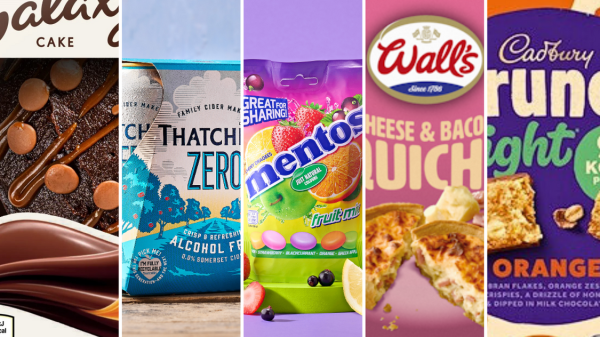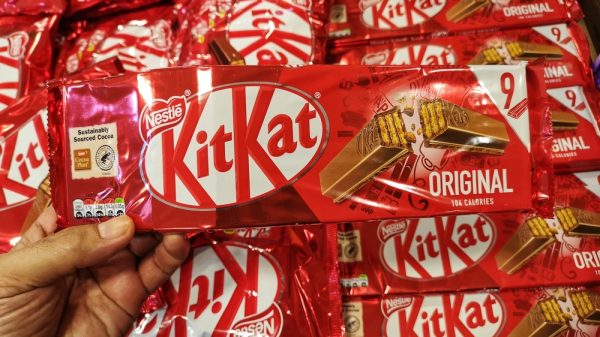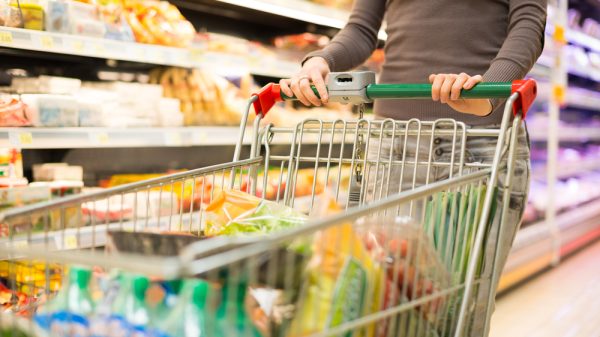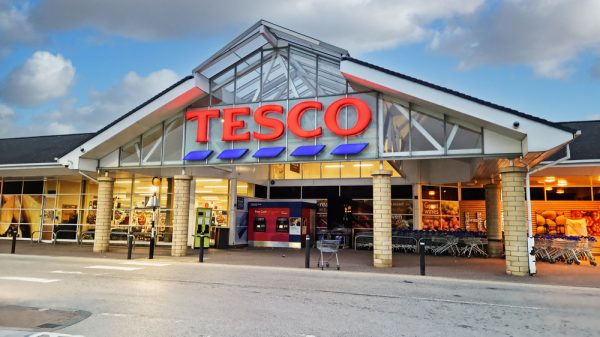Two-thirds of customers are limiting their monthly food budgets as inflation sails to levels not seen in 40 years, according to new data.
The Retail Economics-HyperJar Cost of Living Tracker, has revealed with inflation surging and discretionary income falling, 63.4% of households are setting strict limits on food shopping because of rising living costs,
Nearly 90% of households are also looking to cut back on discretionary spending, with 74.1% of customers planning on reducing their spending on takeaways.
Eating out is also set to take a hit, with more than 70% of people planning on cutting back spending in this area, which could see an increase in grocery spending.
READ MORE: UK inflation hits 40-year high as price of essentials soar
It comes as the tracker found that the average household saw a 12.1% decrease in discretionary spending power in June compared with the same month last year – leaving £135 less to spend on non-essential items.
Across the economy, this is likely to have wiped out around £3.9 billion of cash available for discretionary purchases throughout the month.
Essential costs continue to skyrocket, with the least affluent households already experiencing double-digit rises in inflation of 12.1% – higher than the official 9.4% rate.
After paying for essentials such as food and fuel, the least affluent households saw their spare cash fall by 15.6% in June compared with the same month last year. This is the equivalent of £77 per month less cash available to spend on non-essential items.
Around one in 12 households (8 %) would put any tax cut into savings, while 8.2% would feel more compelled to spend more on non-essentials.
“The type of inflation we’re currently seeing is disproportionately impacting the most economically vulnerable. But conditions have worsened for average households too,” Retail Economics CEO Richard Lim said.
“The amount of spare cash families have, after paying for essentials continues to decline at double-digit rates, leads to difficult choices that are having a real impact on retailers as consumers look to cut and limit spending where they can.
“The challenge for the next Conservative leader is implementing policies that will have a significant impact on consumer sentiment. Around two-thirds of households believe that potential tax cuts would be swallowed up straight away by rising food and utility costs.”
Click here to sign up to Grocery Gazette’s free daily email newsletter










